For the last three months, the Biden administration has had one top priority in the Middle East: end the war in Gaza. President Biden’s May 31 address, during which he outlined a three-stage process whereby a temporary six-week ceasefire and hostage exchange would eventually led to a permanent end to the fighting and Gaza’s reconstruction, remains official US policy. CIA director Bill Burns, a former senior negotiator himself courtesy of his decades-long experience in the State Department, has spent the last ten months flying to Cairo, Doha, Jerusalem and Rome to close the remaining gaps between Israel and Hamas. It’s hard and thankless work.
The entire diplomatic effort, which was already slowing down over Israeli prime minister Benjamin Netanyahu’s last-minute demands, is now likely stymied for the foreseeable future. Israel’s assassination of Ismail Haniyeh, the head of Hamas’s political bureau and a man who has been a member of the terrorist group since its inception in 1987, was not only an intelligence coup for Netanyahu’s struggling government but also a potential roadblock to getting a ceasefire and hostage accord done. This, in addition to Israel’s strike against senior Hezbollah commander Fouad Shukur in southern Beirut about twelve hours earlier, has added further complications for Washington as it tries to salvage diplomacy and prevent even further escalation from enveloping the Middle East.
American officials are putting on a brave face. Secretary of state Antony Blinken was his usual sunny self, projecting a glass-half-full mentality that is borderline delusional given the circumstances. After highlighting the “vital” importance of establishing peace in the region, he went on to reiterate the same administration talking points we’ve been hearing for months now. “One of the things that we’ve been focused on is trying to make sure that the conflict that emerged in Gaza doesn’t spread, doesn’t go to other places, doesn’t escalate, and we’re going to continue to do that as well,” Blinken insisted.
That’s all well and good. But anybody with brain cells will tell you that the war in Gaza escalated to other places months ago.
While observers don’t necessarily use the word “war” to describe the ongoing tit-for-tat between Israel and Hezbollah, the fact remains that the Israel-Lebanon border region has been a de facto warzone for more than nine months. Hundreds of thousands of people on both sides of the UN-demarcated Blue Line have left their homes in this region to escape from the incessant drones, rocket fire and airstrikes. Hundreds of people, mostly in Lebanon, have been killed in the fighting. The Houthis, the Iranian-backed militia that controls Yemen, have been lobbing missiles and drone toward Israel on occasion and have turned the Red Sea into their own personal firing range — sometimes sinking civilian tankers in the process. The US military strikes Houthi ammunition dumps, missile storage facilities, drone manufacturing plants, unscrewed surface vessels and drone launchers on a near-daily basis, with the latest occurring on July 30. US forces are also coming under attack again from Shia militias in Iraq; also on July 30, the US struck one of those militia groups at a base south of Baghdad, killing four fighters in the process.
Frankly put: if Blinken doesn’t think escalation hasn’t already transpired, then he’s either not paying attention and should be dismissed for incompetence, or he’s lying and thinks we don’t have access to television and the internet.
Ultimately, Blinken is a sideshow to this entire story. The main event is Israel’s actions and how they often run at cross-purposes with American foreign policy objectives in the region. While there will be few tears for Haniyeh’s demise — the man was a ruthless terrorist heading up an organization whose sole purpose is to destroy the state of Israel — the fact that Washington was reportedly unaware about the Israeli assassination in Tehran before it occurred speaks volumes. The Israelis kept the operation close-hold not because they were concerned the Americans would leak sensitive details to the press but rather because Israeli officials likely understood that the hit against Haniyeh would have extremely serious consequences across the board.
Those consequences not only include potentially extinguishing whatever negotiating embers between Israel and Hamas are still left — Qatari prime minister Mohammed bin Abdulrahman al-Thani, a key mediator in those talks, questioned whether mediation efforts could even succeed now — but also turning other hotspots in the Middle East even hotter. The approximately 3,500 US troops still stationed in Iraq and Syria — ISIS’s territorial caliphate has been dead and buried for more than five years, which begs the question of why those troops are still being ordered to stick around — will now have to look over their shoulders for the rocket and missile attacks that were so prevalent during the beginning of the year. The months-long truce between Washington and these Iranian-backed militias could be on outs, adding yet another rut at a time when the US and Iraqi governments are reportedly in the latter stages of negotiating the formal end of the counter-ISIS mission in the country. Those talks, too, could suffer or stall if the shooting between America and militias become more regular.
US-Israel relations will endure through all of this. American officials will continue to say that Israel has the right to defend itself. As defense secretary Lloyd Austin said yesterday, “if Israel is attacked, we certainly will help.” But you can’t blame Biden, Kamala Harris or anybody else if they’re starting to question whether Israel should be put on a shorter leash.



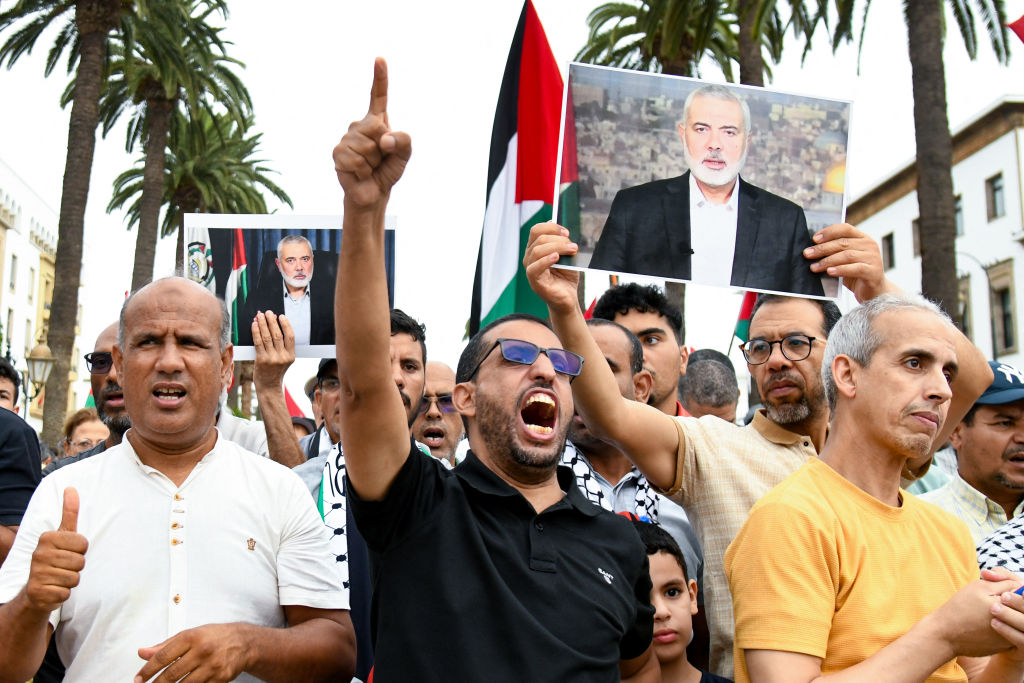









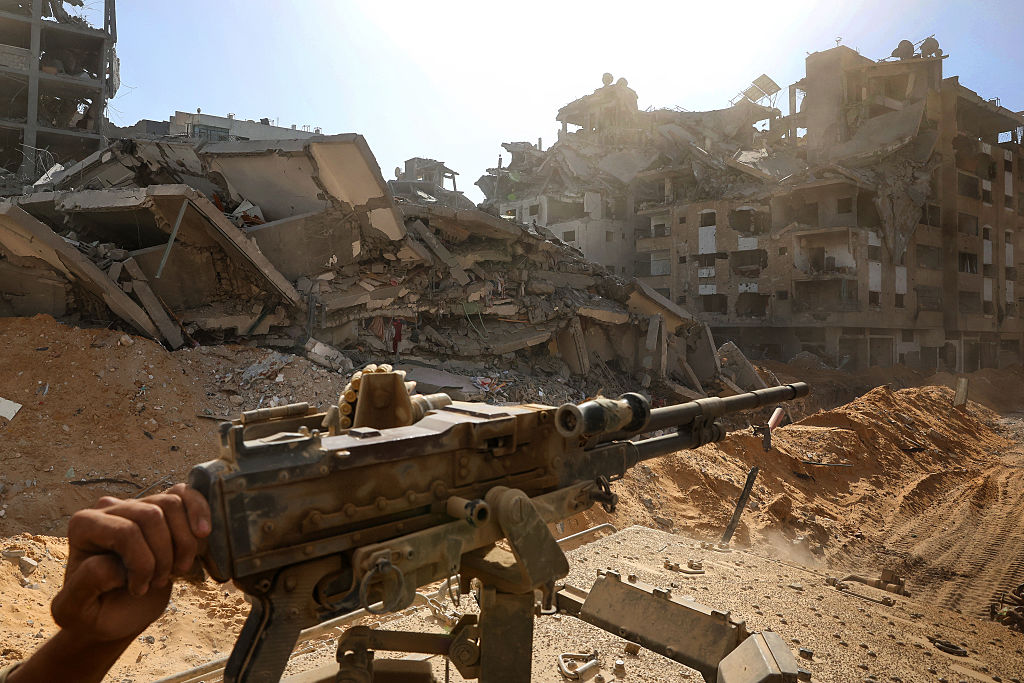

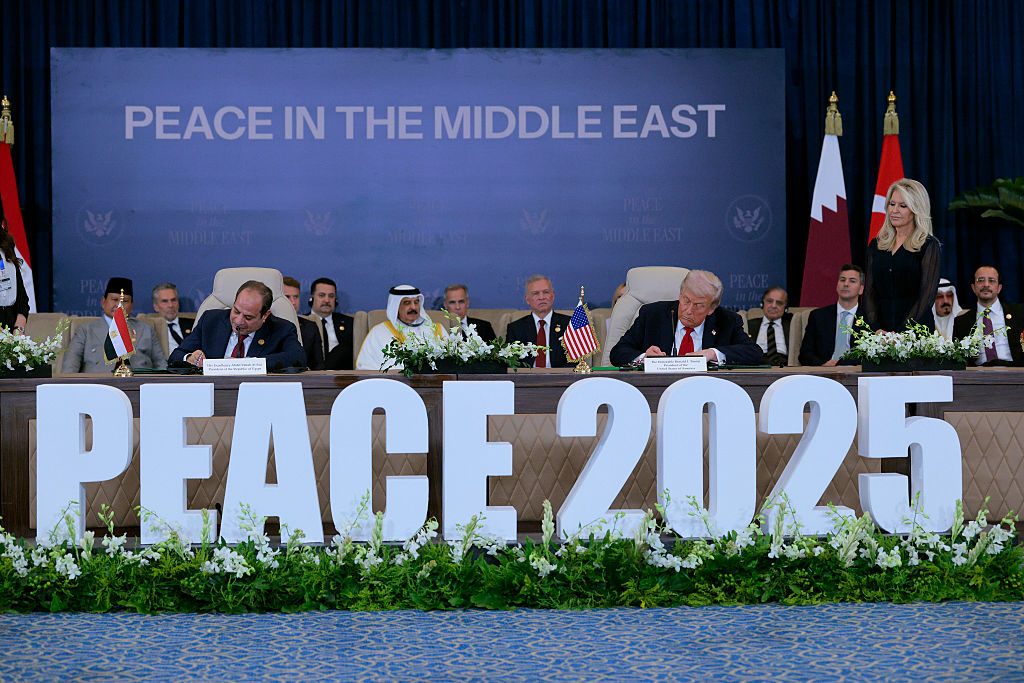

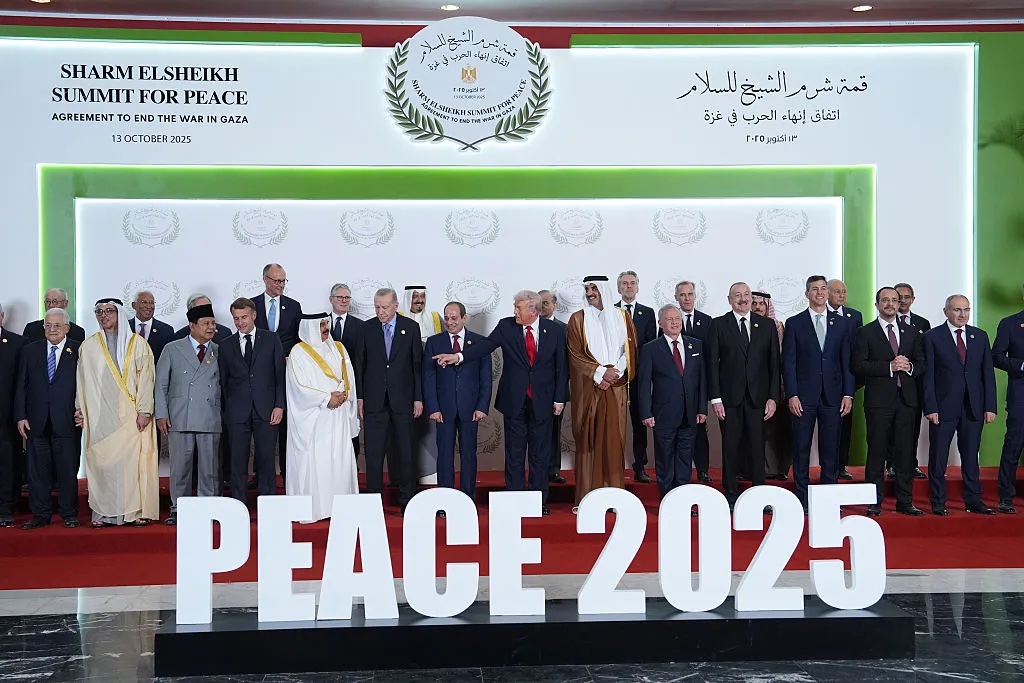
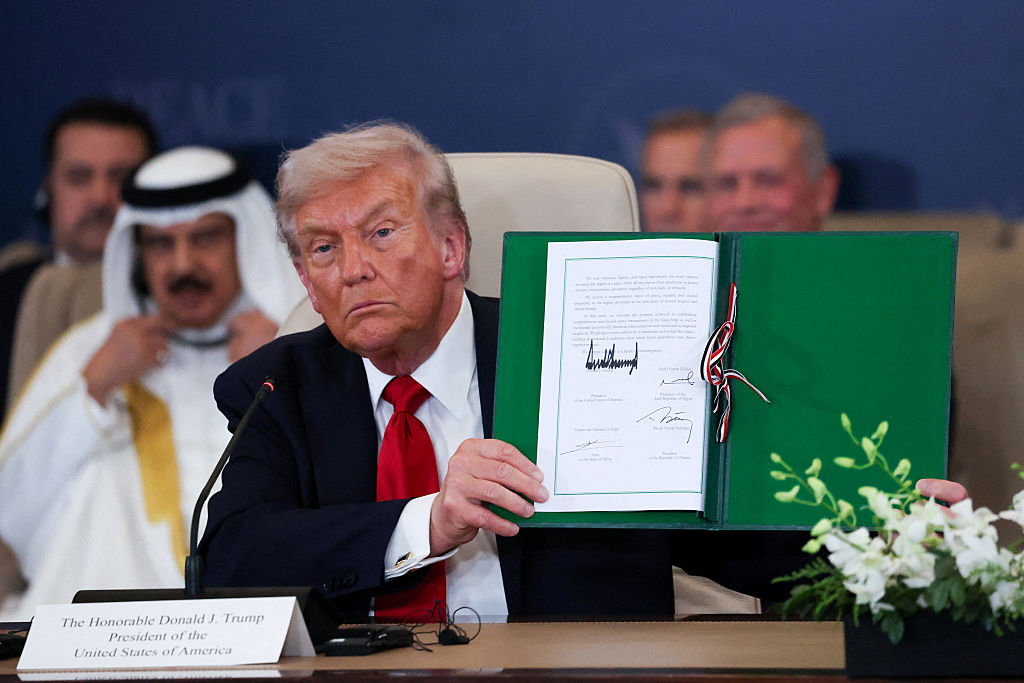







Leave a Reply